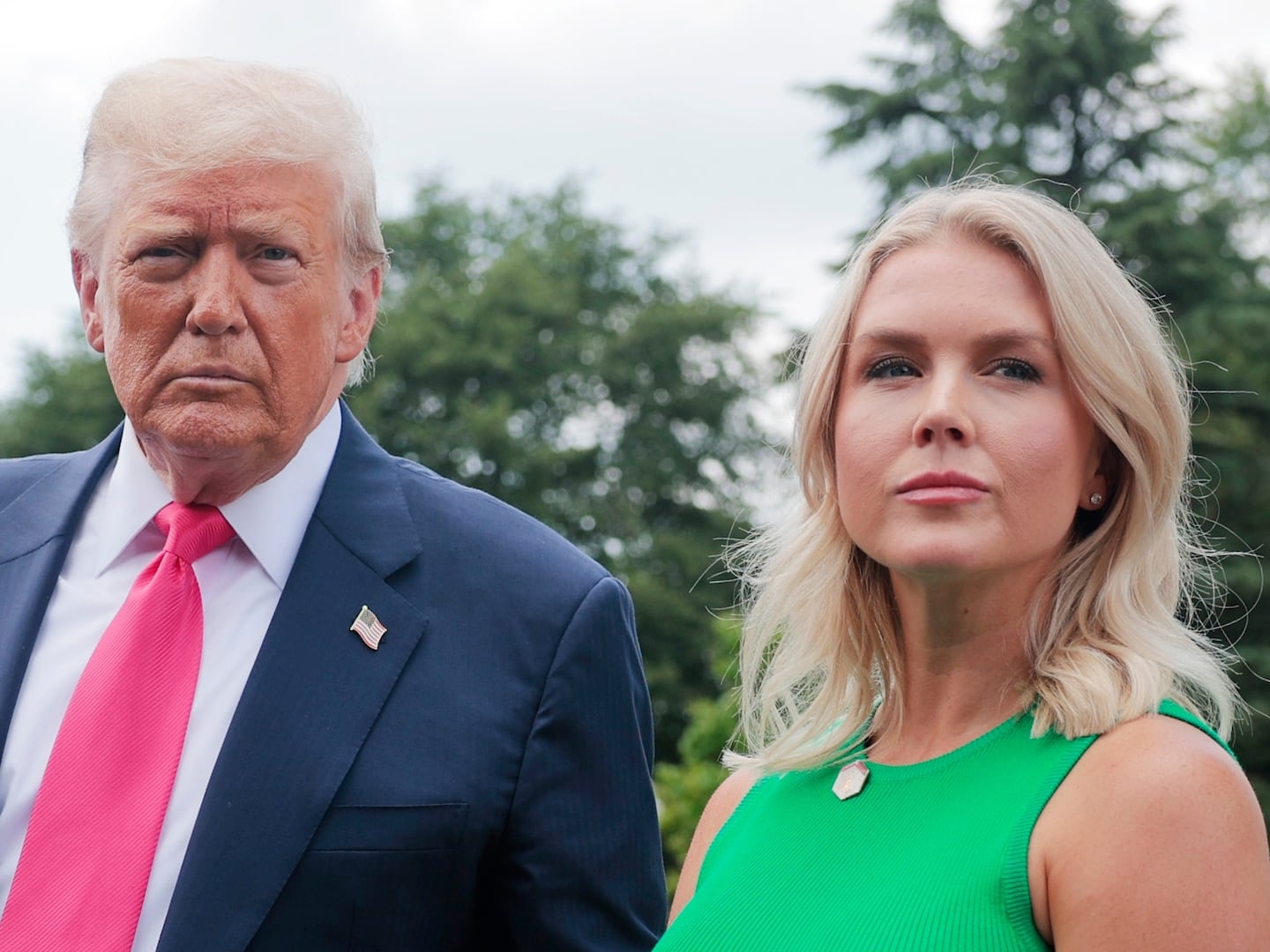It was telling that when Congress summoned Facebook, Twitter, and Google to testify last week on Russia’s election attack, all three companies sent their lawyers. Hardly a day passes without a new report of Russian efforts to influence last year’s election through those platforms and other social media outlets.
And with each revelation, it’s more obvious that as we try to keep foreign powers from exploiting the internet to meddle in our elections, we also need to make sure Americans know everyone who is trying to influence our votes online.
These Silicon Valley titans are feeling the heat of a serious PR crisis. They know that they need to do something, but they are not bending over backward to fix the problem—and it should be emphasized, that the problem is a matter of national security.
Twitter’s new, voluntary ad transparency efforts set a welcome example for other social media companies, and may well help with the company’s current PR crisis, but they do not obviate the clear need for congressional action.
So, it’s encouraging that a bipartisan trio of senators—Republican John McCain of Arizona and Democrats Amy Klobuchar of Minnesota and Mark Warner of Virginia—have coalesced to introduce the Honest Ads Act, an important proposal to bring online political advertising into the sunshine. The Silicon Valley lawyers who testified this week would not support the bill as introduced but praised the goal and said they look forward to working with Congress on the details of the legislation. The devil will indeed be in the details.
As currently written, the Honest Ads Act would hold Facebook, Twitter, and other social media platforms to transparency standards similar to those already required of broadcasters, with even more informational benefits for those who view political ads online.
For example, the bill would require Facebook and other website companies to maintain a searchable, sortable, online database of people and groups that purchase political ads. The database would include a digital copy of each ad, the targeted audience and number of views, and the rate charged, as well as information about the purchasers.
Ads that run online close to an election would be required to include a disclaimer identifying who is paying for the ad, just as television and radio ads that air in the same window of time before an election must identify their sponsors.
These are sensible requirements that advance our fundamental right to know who is trying to influence our votes and our views on public policy. The case for them is particularly compelling considering the growing evidence of Russia’s online meddling in the 2016 election.
Facebook says that 10 million of its users saw at least one of the 3,000 or so political ads placed by Russian front groups or companies during last year’s presidential campaign; Twitter has identified more than 200 ad accounts with ties to Russia, and Google reportedly has identified close to $60,000 in ads connected to the Russian government or other Russian sources.
And the Russian-backed ads almost certainly are the tip of a very large iceberg. Political advertisers invested about $1.5 billion online last year, but if you’re among the millions of Americans who saw at least some of those ads—and you almost certainly are—you probably have no idea who paid for any of them and no practical way of finding out.
The rules proposed in the Honest Ads Act are similar to rules already in place for cable TV and satellite companies, broadcasters, and political advertisers who place their messages on radio and television.
The Federal Communications Commission requires broadcasters to keep an online file of political ads they air. The Federal Election Commission requires people and groups that place political ads on TV and radio to identify themselves in their ads.
The wonder, sadly, is that it took the placement of more than $1 billion in online ads and the scandal of a foreign government’s attempt to sabotage our elections to bring the Honest Ads Act to life. And it probably will take a mammoth outpouring of public support to make the bill a law.
The social media companies have historically resisted rules concerning their political advertising, and they’re a major force on Capitol Hill; Facebook alone spent more than $8.6 million on lobbying last year and has invested nearly $6 million this year, according to the Center for Responsive Politics. Google, its employees, and political action arms invest even more—$15.4 million on lobbying in 2017, and $9.1 million in contributions to last year’s political campaigns.
If the big online companies choose to resist the Honest Ads Act, they will no doubt get help from an array of other well-financed lobbies, like those representing the U.S. Chamber of Commerce and major firms like Koch Industries, which reflexively fight all requirements that shine a light on political spending. And then there’s the matter of Senate Majority Leader Mitch McConnell (R-KY), who functions as a one-man roadblock for all manner of sensible campaign finance laws.
Despite those obstacles, this is a fight that can be won. Public support for disclosure is overwhelming among Republicans, Democrats, and independents alike; and the continuing revelations about Russia’s online political advertising, plus the approach of the 2018 midterm elections, give Klobuchar, Warner, McCain, and the array of public interest groups already lining up to support the bill an opening.
Twitter, Facebook, and Google can do the right thing and come away with a huge PR win from this crisis, but they need to embrace real reform. It’s time for them to put the country first and to support the Honest Ads Act. But whether these companies are on board or not, Congress must move forward to protect our democracy.






